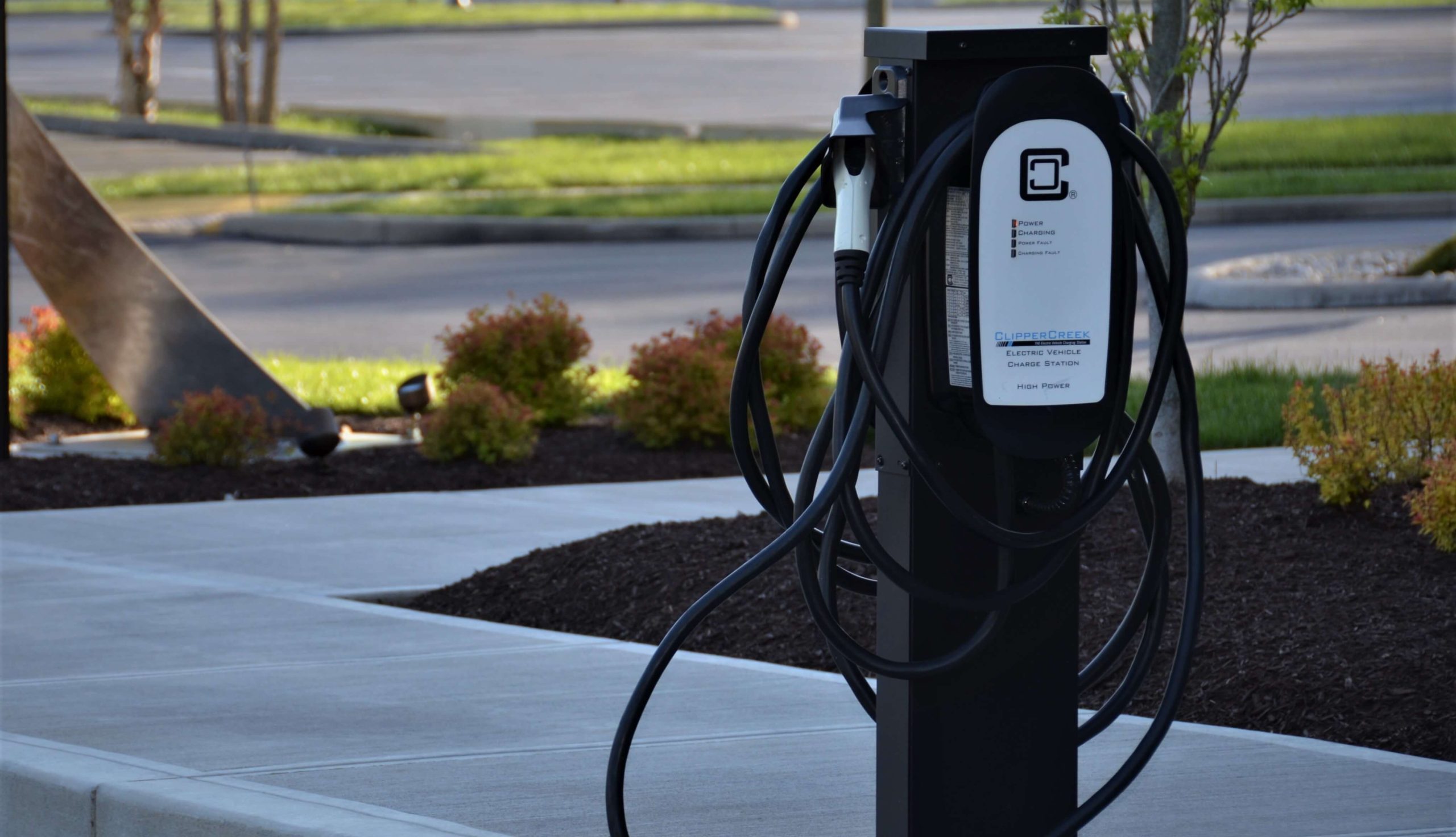In this guide, we will provide you with all the information you need to understand and benefit from this program.
Understanding the NRCS Soil Carbon Amendment CPS 808/336 grant
The Soil Carbon Amendment CPS 808/336 grant is a program offered by the NRCS to farmers and ranchers who want to improve soil health and reduce greenhouse gas emissions through carbon sequestration.
The program provides funding to implement conservation practices on farms and ranches that increase soil carbon sequestration. The goal of the program is to promote sustainable agriculture practices that benefit both the environment and farmers.
Eligibility requirements for farmers and ranchers
To be eligible for the Soil Carbon Amendment CPS 808/336 grant, farmers and ranchers must meet certain requirements. Applicants must have control of the land where the conservation practices will be implemented, and the land must be used for agricultural production. Applicants must also be in compliance with all federal, state, and local laws and regulations related to conservation and environmental protection.

Benefits of participating in the program
Participating in the Soil Carbon Amendment CPS 808/336 grant program has a number of benefits for farmers and ranchers. First and foremost, the program provides funding to implement conservation practices that improve soil health and sequester carbon. This can help farmers and ranchers increase yields, reduce input costs, and improve the quality of their crops and livestock. For example, the careful production and deployment of biochar can improve soil and sequester carbon, inspiring visitors and others in the supply chain to implement similarly sustainable practices.
In addition, participating in the program can help farmers and ranchers reduce their greenhouse gas emissions and mitigate climate change. By sequestering carbon in the soil, farmers and ranchers can help reduce the amount of carbon dioxide in the atmosphere, which is a major contributor to climate change.
The application process for CPS 808/336 grants
The application process for the Soil Carbon Amendment CPS 808/336 grant is straightforward but competitive. To apply, farmers and ranchers must submit a proposal that outlines the conservation practices they plan to implement, the expected outcomes of those practices, and the budget for the project. The proposal must also demonstrate how the project will benefit the environment and the community.
Once the proposal is submitted, it will be reviewed by the NRCS to determine its eligibility and competitiveness. If the proposal is approved, the farmer or rancher will be notified and provided with funding to implement the conservation practices.
How to develop a successful grant proposal
Developing a successful grant proposal is critical to securing funding through the Soil Carbon Amendment CPS 808/336 grant program. To develop a successful proposal, farmers and ranchers should start by identifying the conservation practices they want to implement and researching the expected outcomes of those practices. They should also consider the budget for the project and how they will measure the success of the project.
When developing the proposal, farmers and ranchers should focus on the environmental and community benefits of the project. They should clearly demonstrate how the project will improve soil health and sequester carbon, and how that will benefit the environment and the community.
How to maximize the use of grant funds
To maximize the use of grant funds, farmers and ranchers should focus on implementing conservation practices that provide the greatest environmental and economic benefits. This may include practices such as cover cropping, conservation tillage, rotational grazing, and nutrient management.
Farmers and ranchers should also consider the long-term benefits of the practices they implement, as practices that improve soil health and sequester carbon can provide benefits for years to come.
Success stories of farmers and ranchers who have benefited from the program
There are many success stories of farmers and ranchers who have benefited from the Soil Carbon Amendment CPS 808/336 grant program.
For example, in Kansas, a farmer used grant funds to implement a cover cropping system that improved soil health, reduced erosion, and increased yields. In Colorado, a rancher used grant funds to implement rotational grazing, which improved forage quality and quantity and reduced the need for supplemental feed.
Tips for maintaining soil health and carbon sequestration
Maintaining soil health and carbon sequestration is critical to the long-term success of any farm or ranch. To maintain soil health, farmers and ranchers should focus on practices that promote soil biology, such as reducing tillage, using cover crops, and avoiding the use of synthetic fertilizers and pesticides.
To maintain carbon sequestration, farmers and ranchers should focus on practices that promote the accumulation of organic matter, such as conservation tillage, cover cropping, and rotational grazing.
Resources for participating in the program
There are many resources available to farmers and ranchers who want to participate in the Soil Carbon Amendment CPS 808/336 grant program. The NRCS website provides detailed information on the program, including eligibility requirements, application instructions, and a list of eligible conservation practices. Farmers and ranchers can also contact their local NRCS office for additional information and assistance.
Conclusion
The Soil Carbon Amendment CPS 808/336 grant program is an excellent opportunity for farmers and ranchers to improve soil health and sequester carbon while also reducing input costs and improving yields. By implementing conservation practices that benefit the environment and the community, farmers and ranchers can play an important role in mitigating climate change and promoting sustainable agriculture.
If you have questions about the Soil Carbon Amendment CPS 808/336 grant program, complete the quick form at FundingRegeneration.Earth and join our grants-focused newsletter for the latest information and tips.
Further Resources
In addition, follow these authoritative links to find out more about NRCS and soil health.
USDA – Natural Resources Conservation District – NRCS:
NRCS – Soil Health Assessment
Federal Soil Health Bill Tracker








